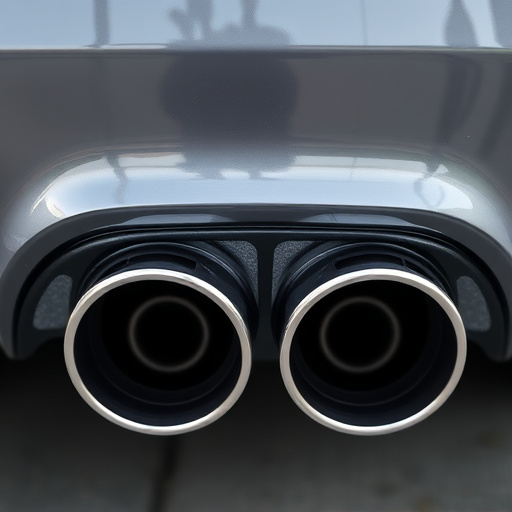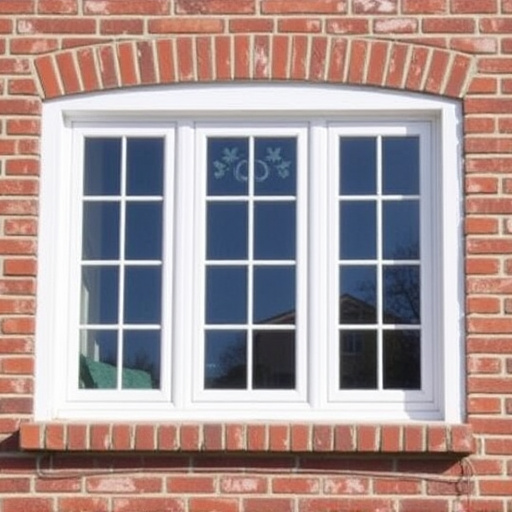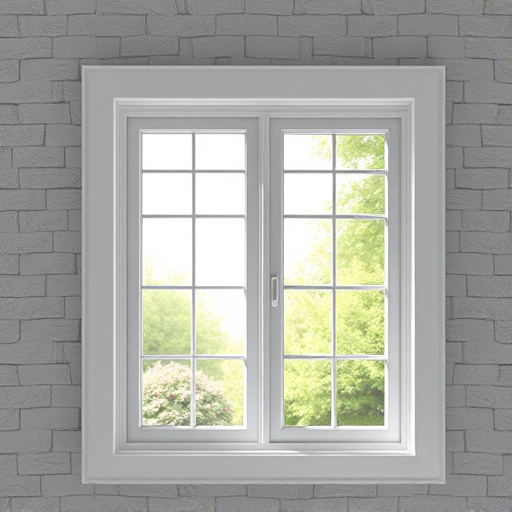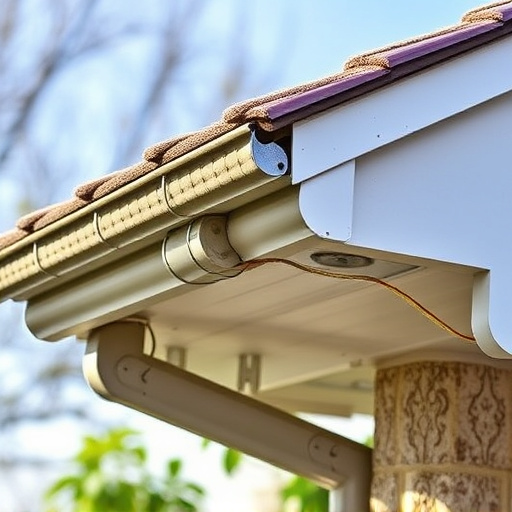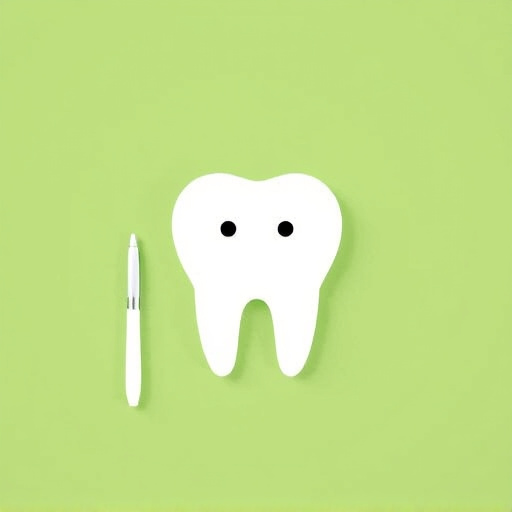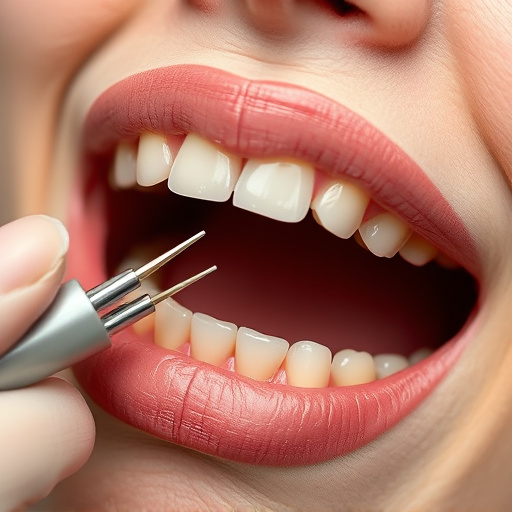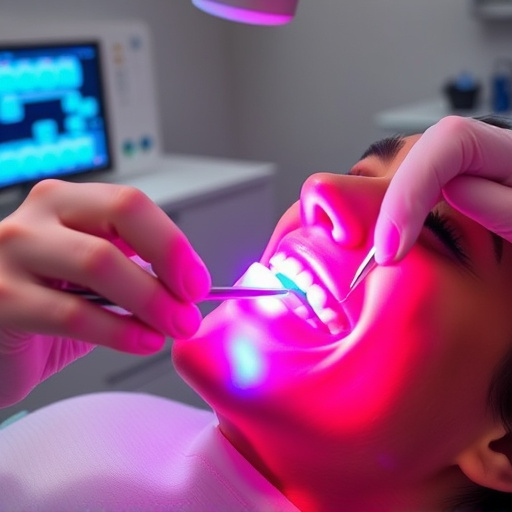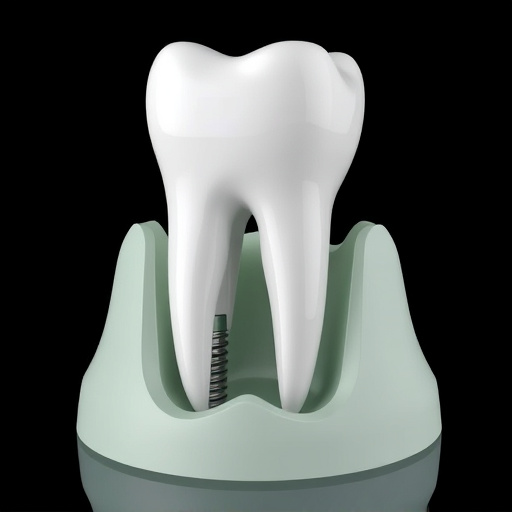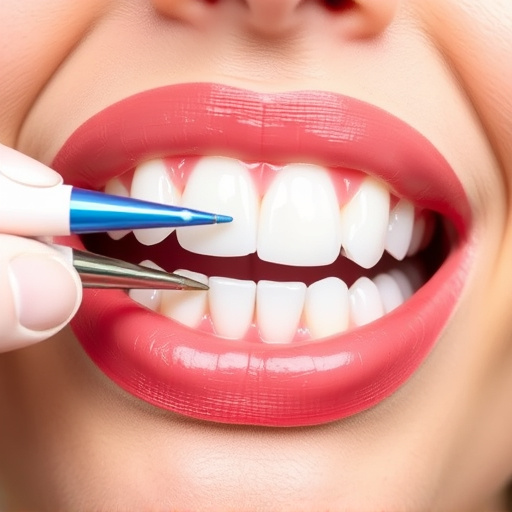Maintaining good dental health maintenance is crucial for overall well-being and financial savings. Regular brushing, flossing, cleanings, and check-ups prevent tooth decay, gum diseases, and systemic issues like cardiovascular disease, diabetes, and respiratory problems. Early detection through general dentistry saves money compared to complex procedures, enhancing quality of life by preserving optimal oral hygiene.
Dental health maintenance is not just about a bright smile; it’s a cornerstone of overall well-being. By prioritizing preventive care, you can avoid costly and invasive treatments down the line. This article explores the profound connection between dental hygiene and your wallet, offering insights into how regular checkups, proper oral care at home, and proactive measures can lead to significant financial savings. Discover practical tips to take control of your dental health and embrace a lifetime of economic well-being.
- Understanding the Connection Between Dental Health and Overall Well-being
- The Financial Benefits of Preventive Dental Care
- Practical Tips for Maintaining Optimal Oral Hygiene at Home
Understanding the Connection Between Dental Health and Overall Well-being

Maintaining good dental health goes beyond just keeping your smile beautiful; it’s a key component of overall well-being. Research has shown a strong connection between oral health and systemic diseases, suggesting that what happens in your mouth can significantly impact the rest of your body. For instance, periodontal disease, often linked to poor dental hygiene, has been associated with various conditions such as cardiovascular disease, diabetes, and respiratory problems. By prioritizing dental health maintenance through regular brushing, flossing, and professional cleanings, individuals not only reduce the risk of tooth decay and gum diseases but also contribute to their overall physical health.
Additionally, focusing on preventive dental care can save individuals from costly procedures like extensive tooth repair or replacement of dental fillings in the long run. General dentistry practices emphasize the importance of early detection and treatment of oral issues, which is far more economical than addressing complex problems that may arise due to neglect. Thus, understanding the intricate relationship between dental health and systemic wellness encourages people to adopt proactive measures to maintain optimal oral hygiene, thereby enhancing their quality of life.
The Financial Benefits of Preventive Dental Care
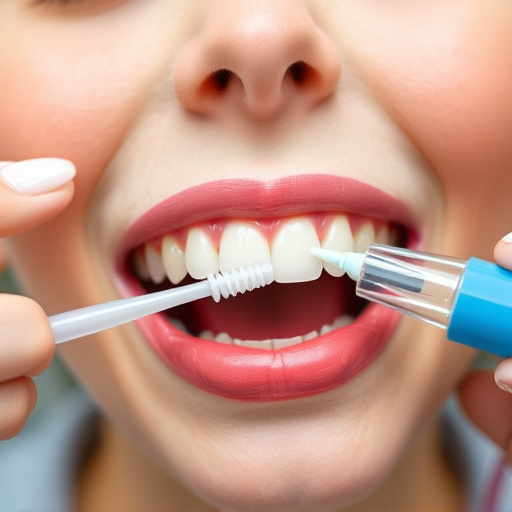
Maintaining good dental health is not just about keeping your smile beautiful; it’s also a wise financial decision. Preventive dental care, which includes regular check-ups, cleanings, and proper oral hygiene practices at home, can save you from costly treatments in the long run. By investing time and effort into these habits, you significantly reduce the likelihood of developing severe dental issues that may require complex procedures like dental implants or extensive restorative work.
A family dentistry practice offering comprehensive dental care services emphasizes the importance of early intervention and education. Through routine visits, dentists can catch minor problems before they become major, costly concerns. This proactive approach to dental health maintenance not only preserves your natural teeth but also ensures you stay within your budget for oral healthcare.
Practical Tips for Maintaining Optimal Oral Hygiene at Home
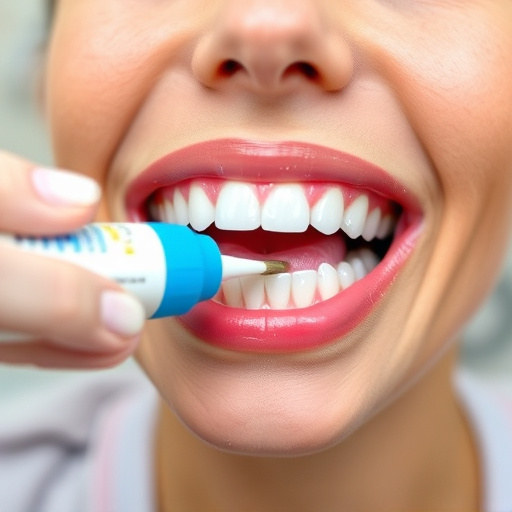
Optimal dental health maintenance begins at home with a consistent oral care routine. Brushing your teeth twice daily with fluoride toothpaste is fundamental to removing plaque buildup, which can lead to tooth decay and gum disease. Flossing once a day is equally important as it reaches areas that a toothbrush cannot, ensuring no food particles or debris are left behind. Using mouthwash can also help kill bacteria and freshen breath. Regular dental check-ups, typically every six months, allow for professional cleaning and early detection of potential issues like cavities or gum inflammation.
Beyond daily habits, there are specific procedures that contribute to long-term dental health maintenance. For instance, wisdom tooth removal is often recommended to prevent impaction and the subsequent pain and infections. Cosmetic fillings can repair minor chips or cracks, enhancing both function and aesthetics. Clear aligners offer an alternative to traditional braces for those seeking a more discreet approach to correcting misaligned teeth. Incorporating these practices into your dental health maintenance routine can help avoid costly treatments down the line.
Dental health maintenance is not just about keeping a bright smile; it’s a key component of overall well-being. By prioritizing preventive care, you can avoid costly treatments and enjoy long-term financial savings. Implementing practical tips for optimal oral hygiene at home is a simple yet powerful way to maintain your dental health and ward off potential issues before they become expensive problems. Remember, an investment in your dental health is an investment in your overall quality of life.


